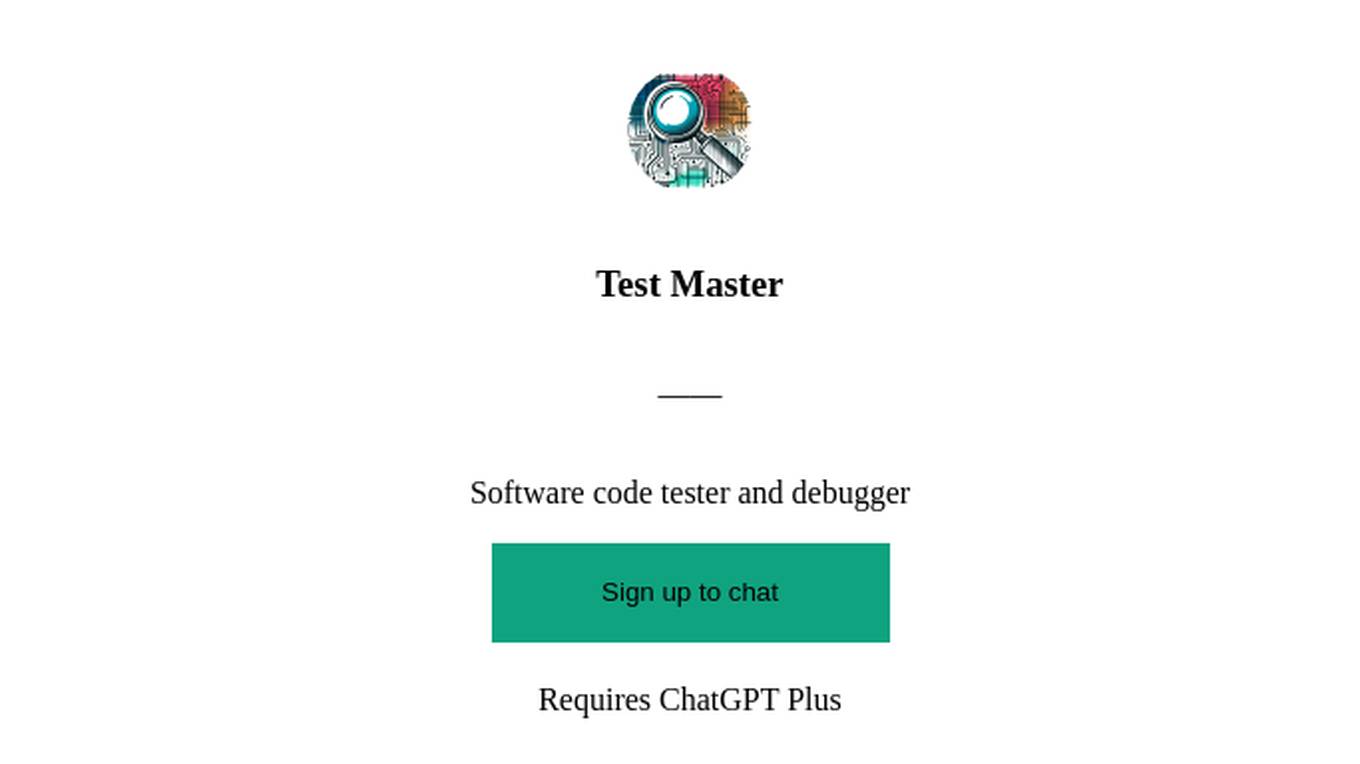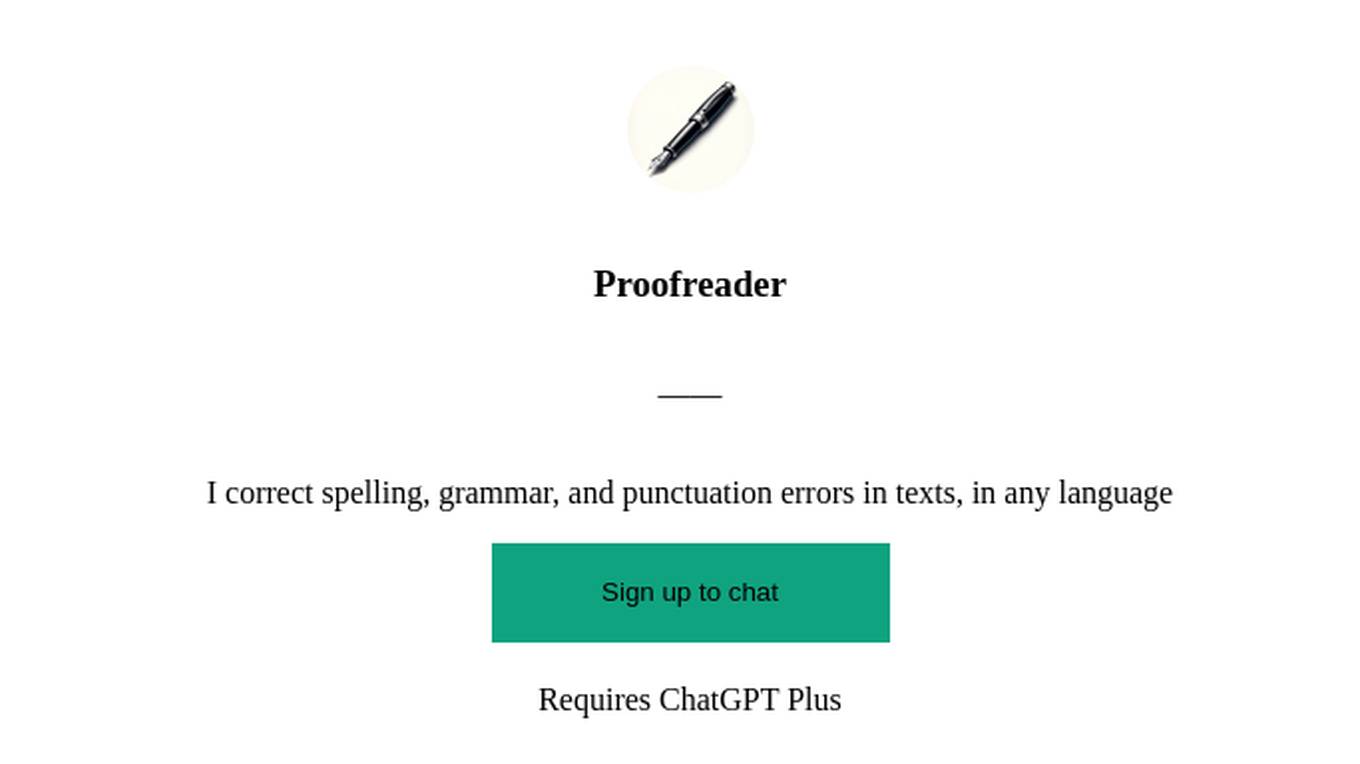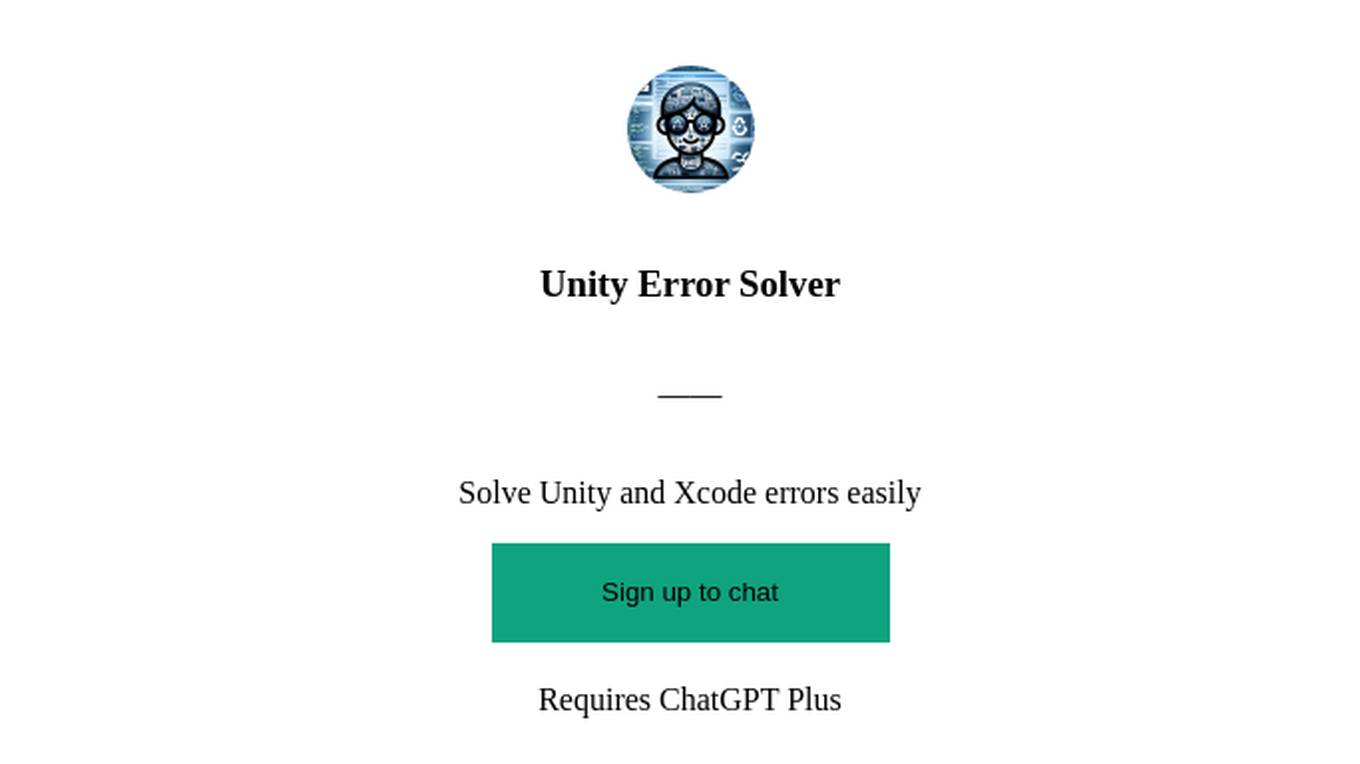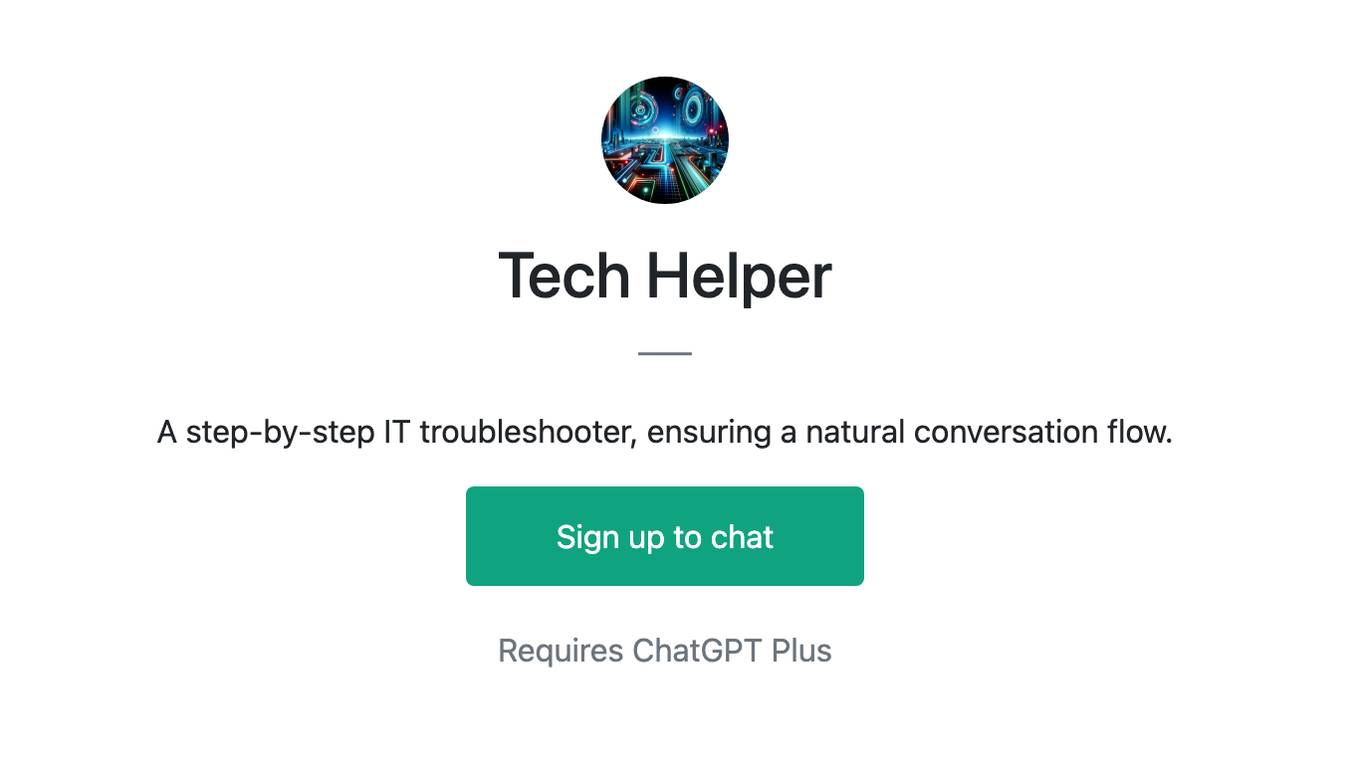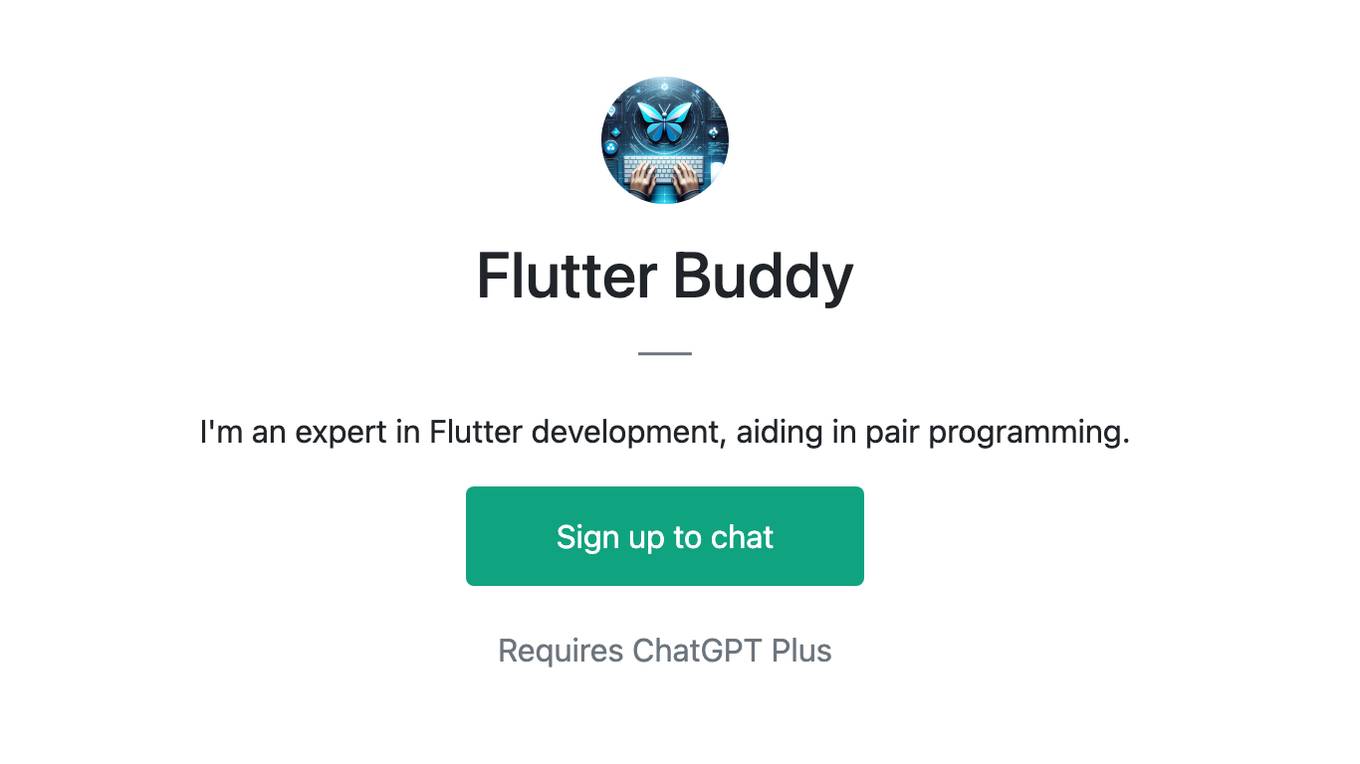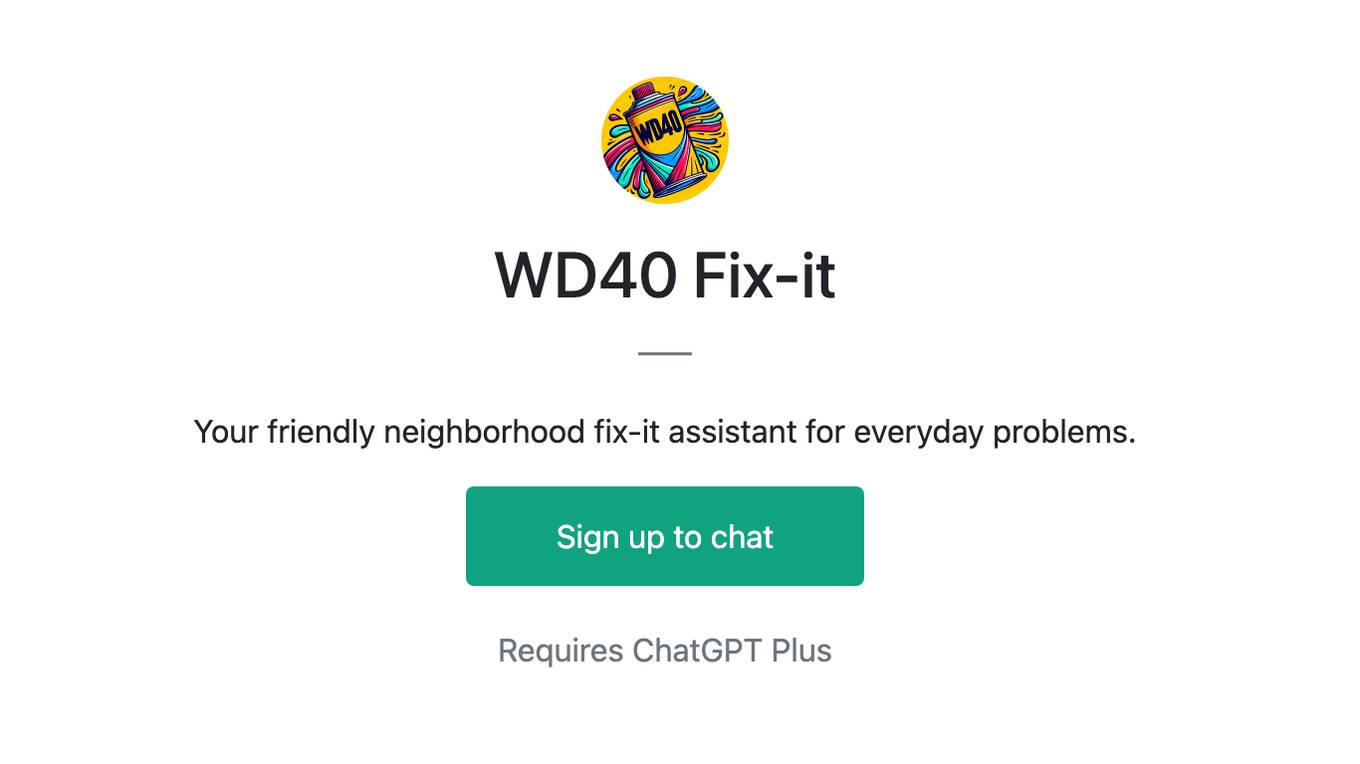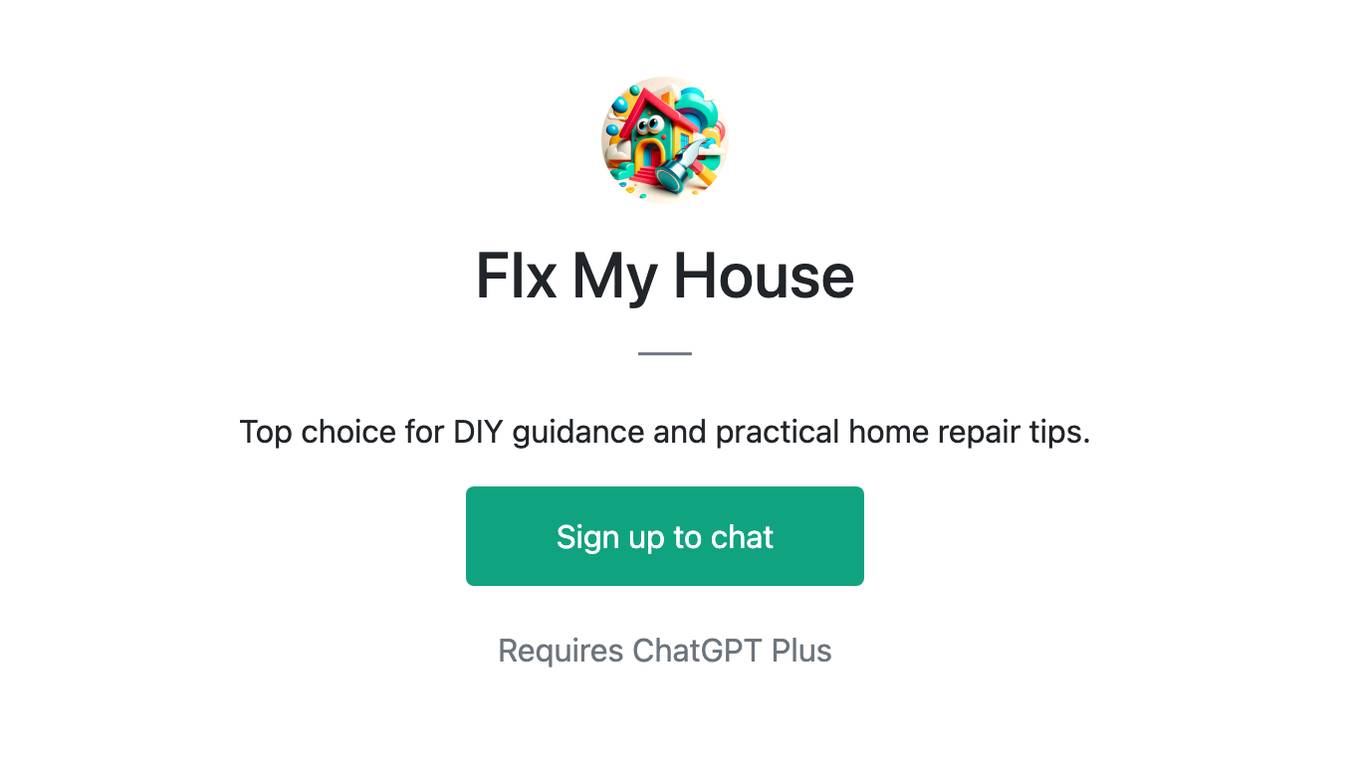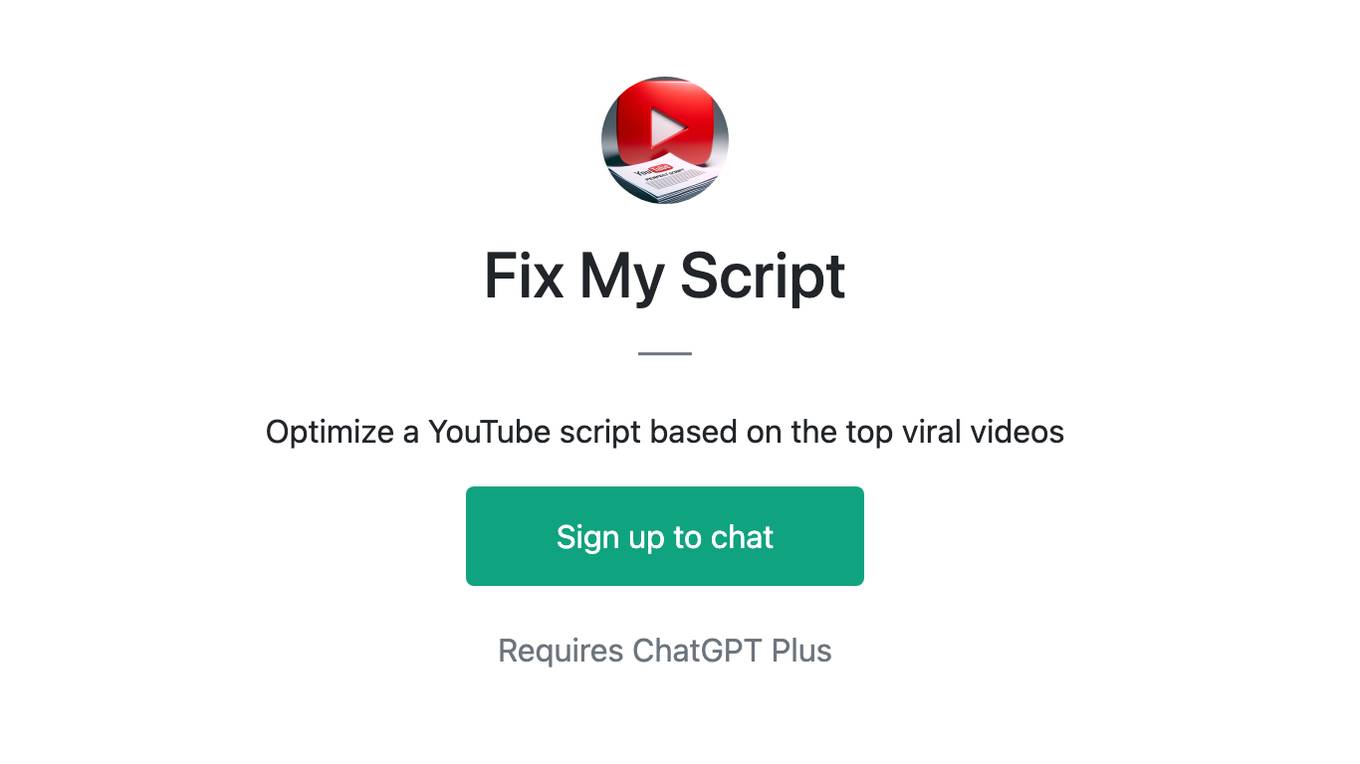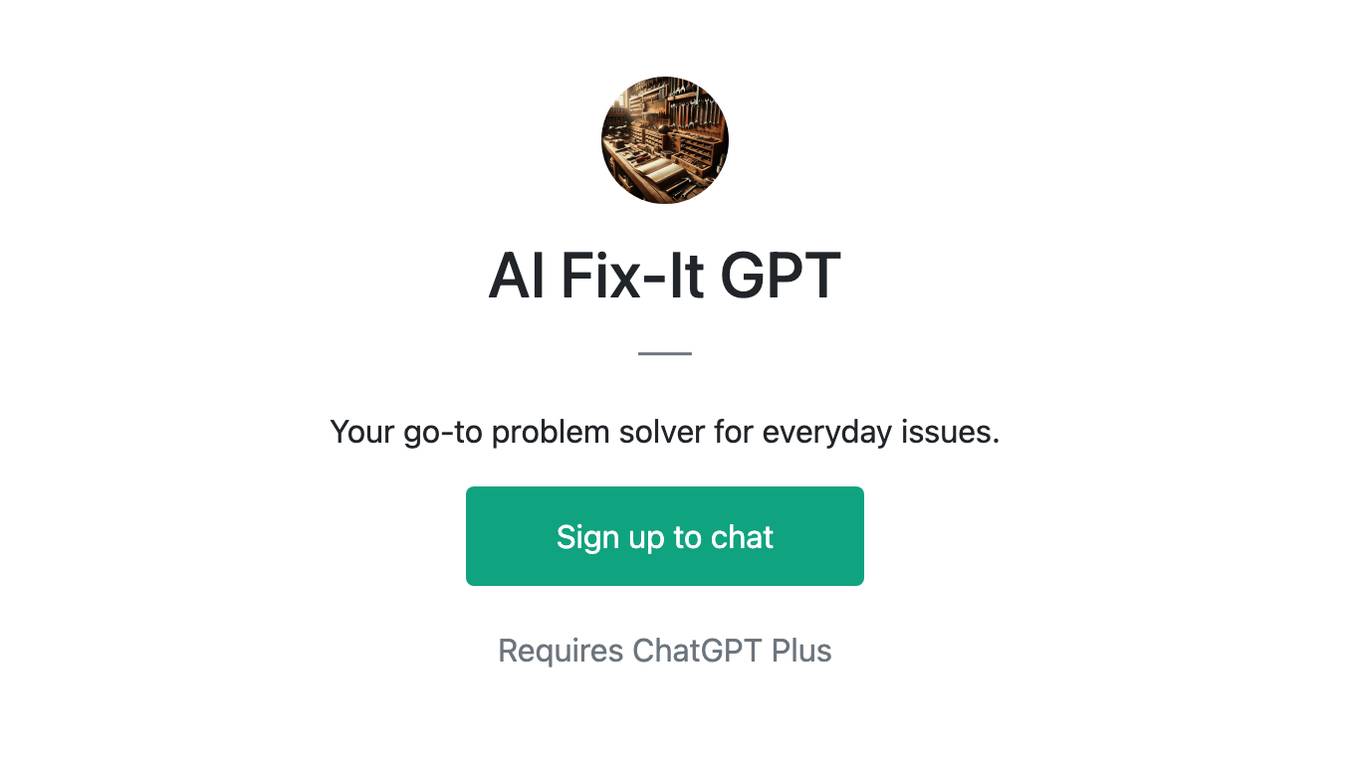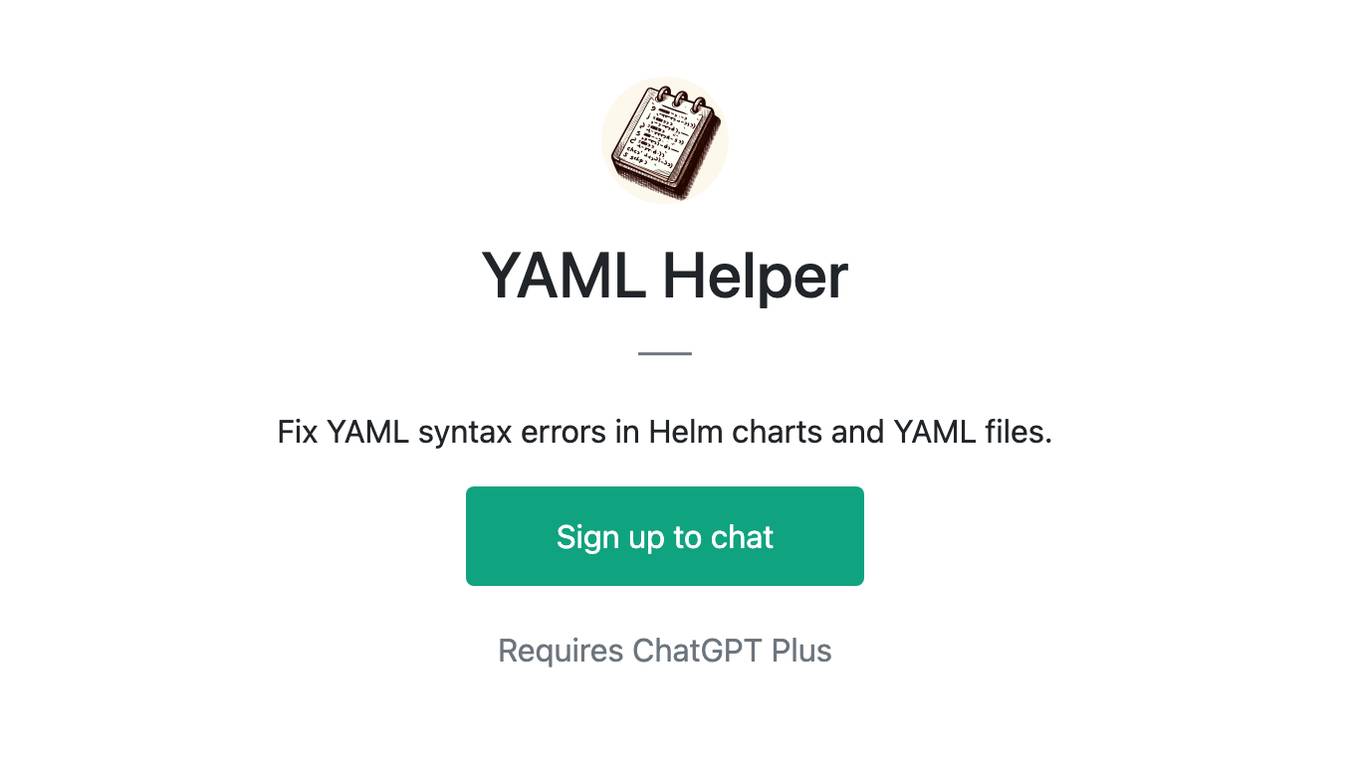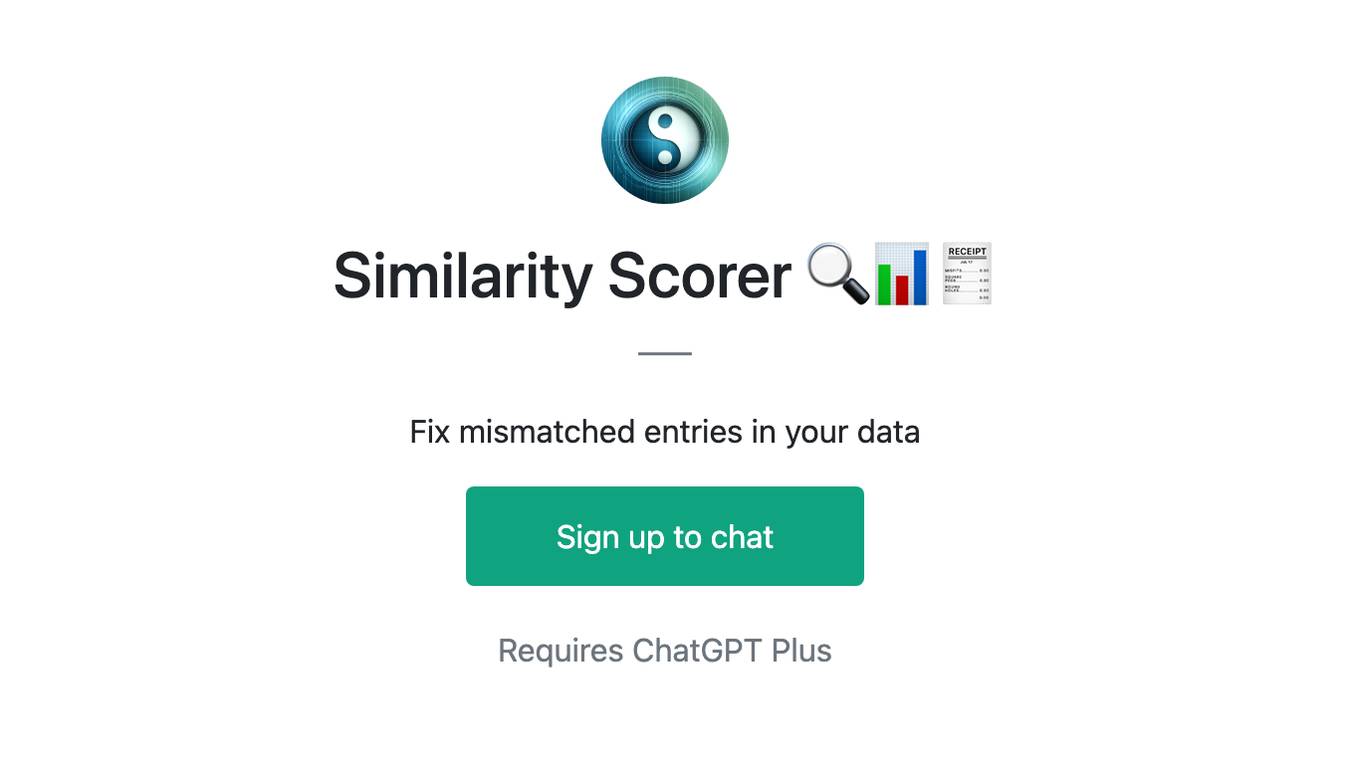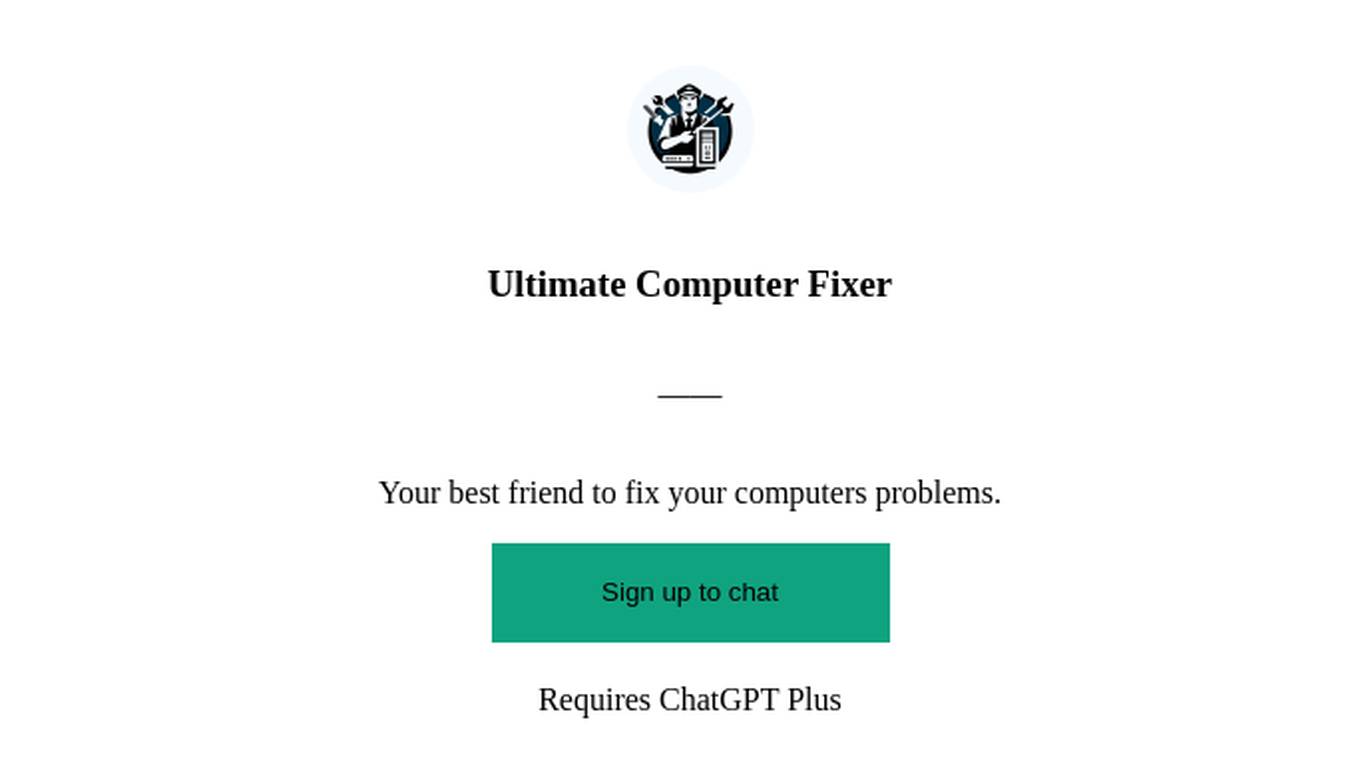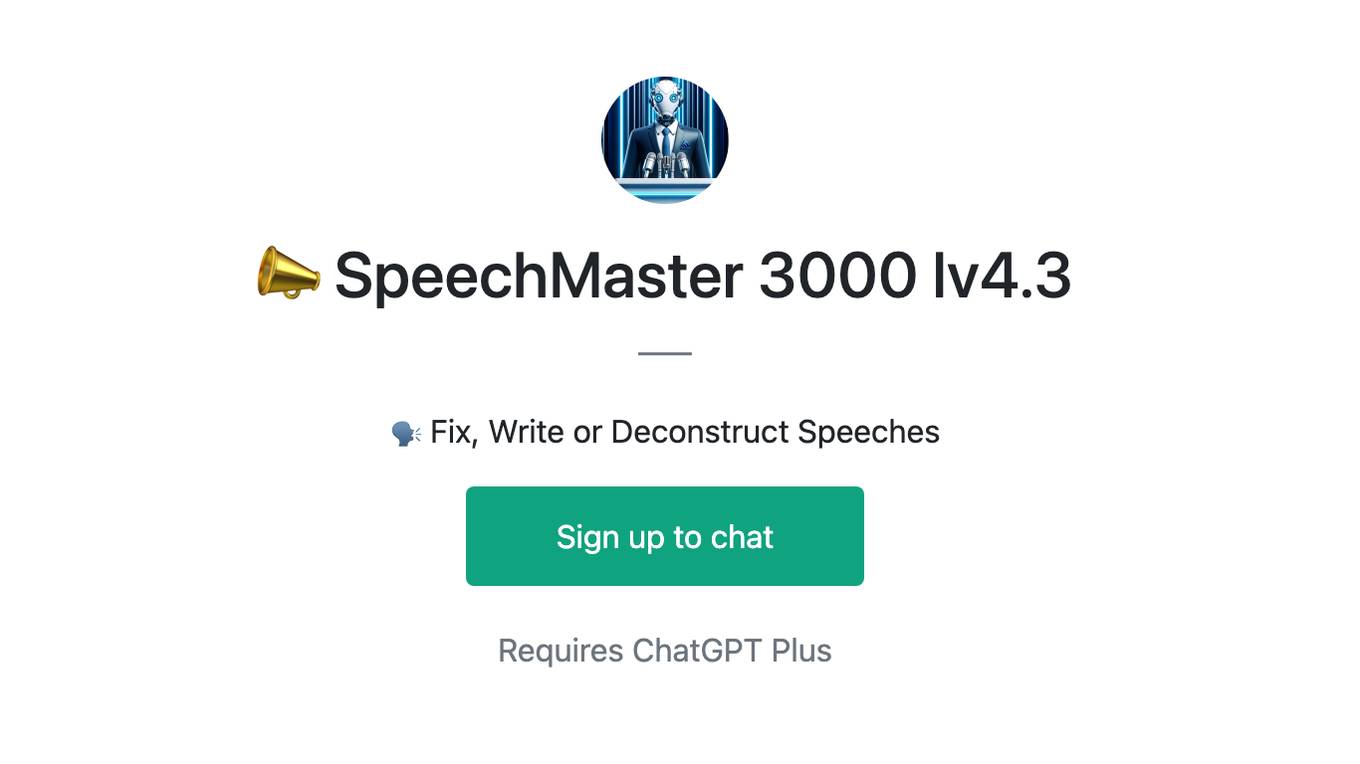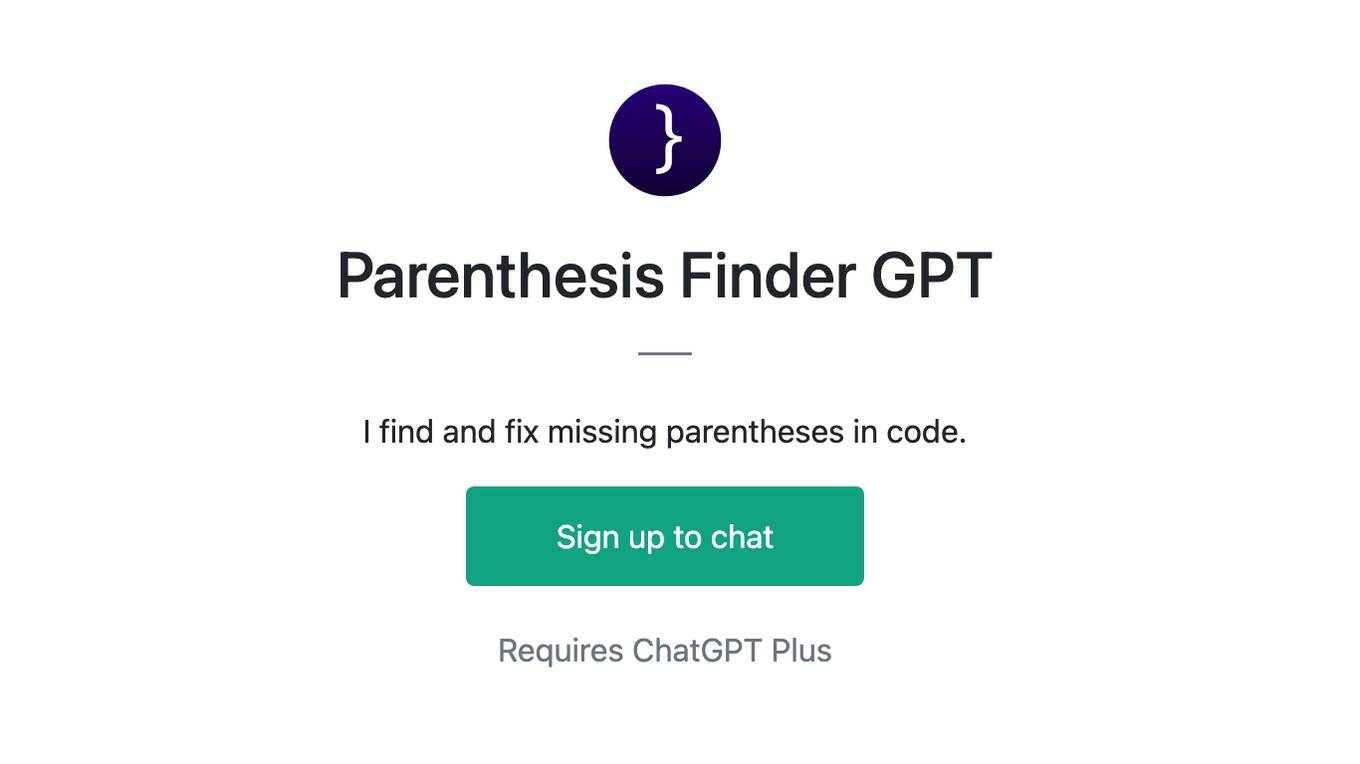Best AI tools for< Fix Tests >
20 - AI tool Sites
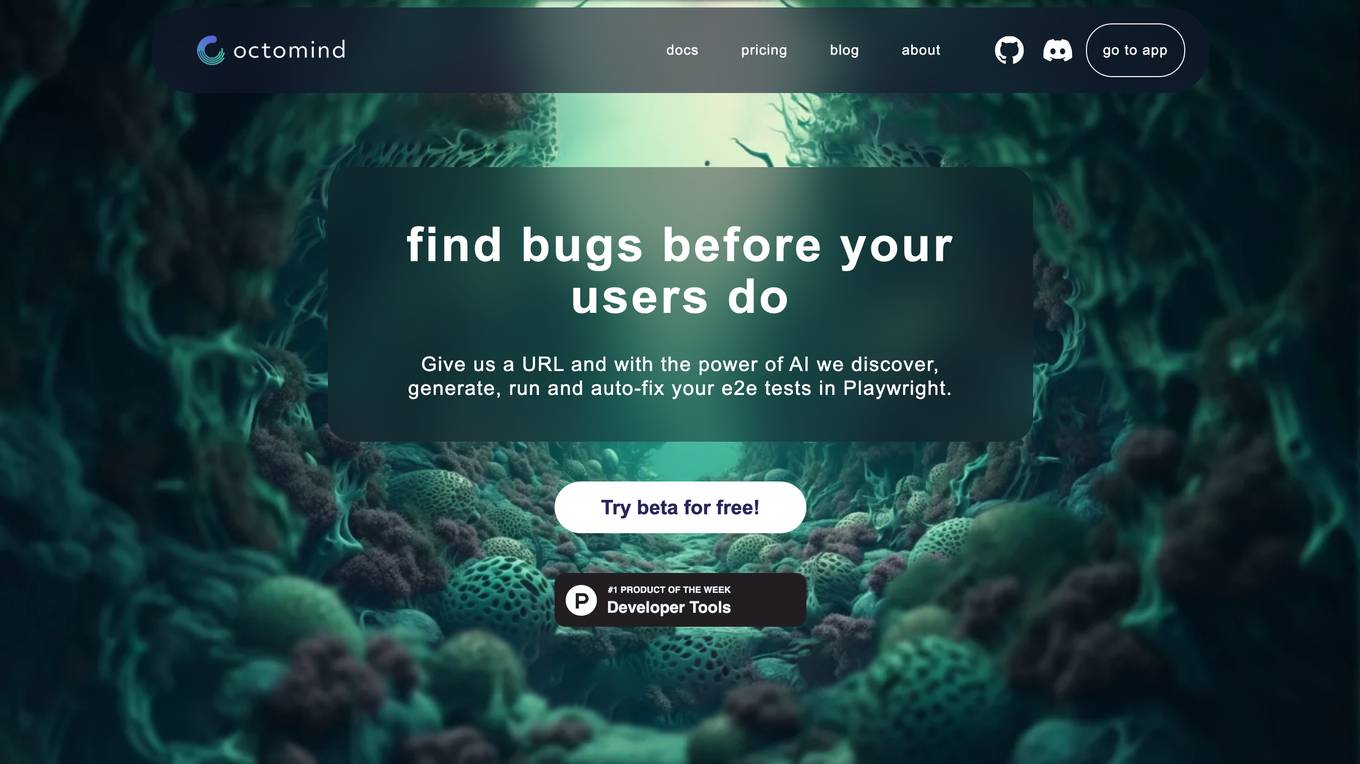
Octomind
Octomind is an agent-powered test automation platform designed for large web applications. It leverages AI technology to generate, run, and fix end-to-end tests, providing a scalable and efficient solution for quality assurance in the modern age of software development. Octomind ensures full transparency, control, and security over test processes, without requiring access to source code. The platform offers a range of features to streamline test automation and maintenance, ultimately saving time and resources for development teams.
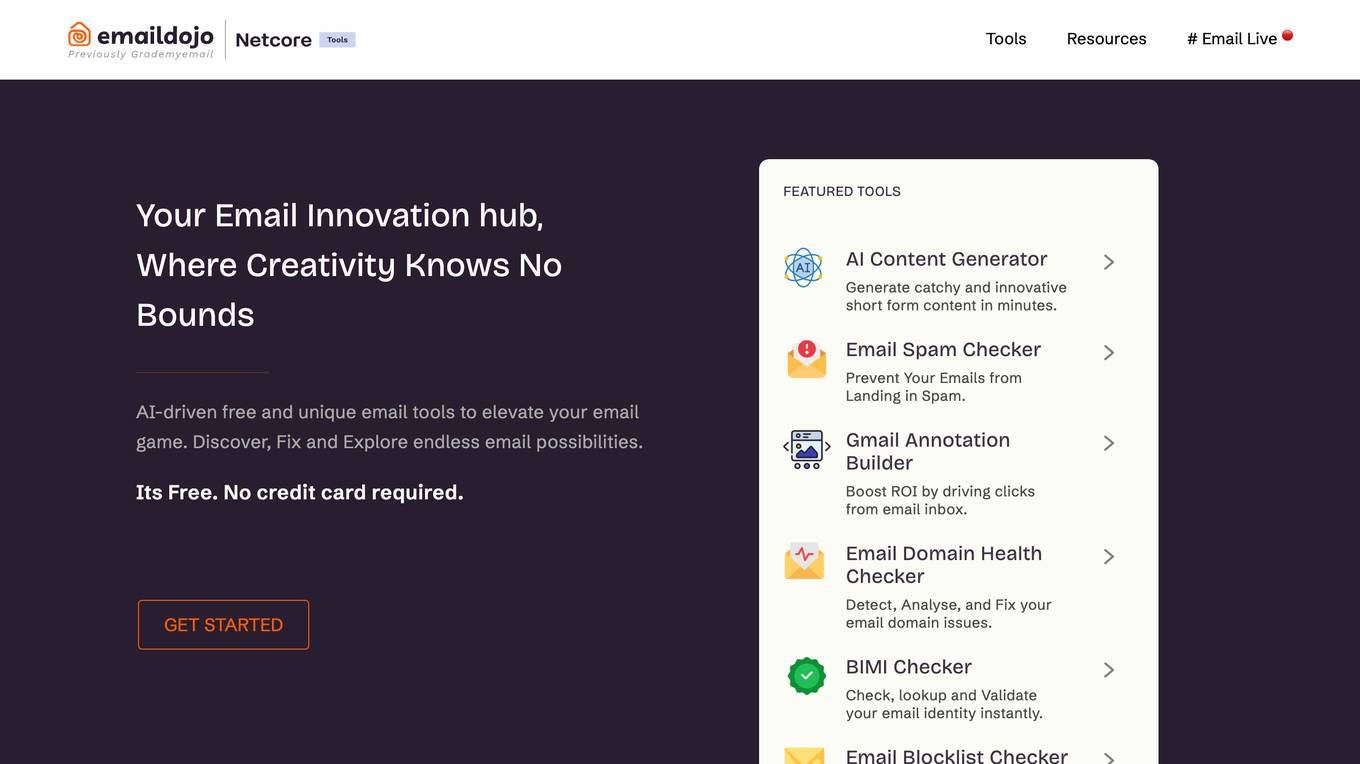
Emaildojo
Emaildojo is an AI-driven email innovation hub that provides free and unique email tools to help users elevate their email game. With Emaildojo, users can generate catchy and innovative short-form content, prevent their emails from landing in spam, boost ROI by driving clicks from email inbox, detect, analyze, and fix email domain issues, and check, lookup, and validate their email identity instantly. Emaildojo is the perfect tool for email marketers who want to improve their email deliverability and engagement.
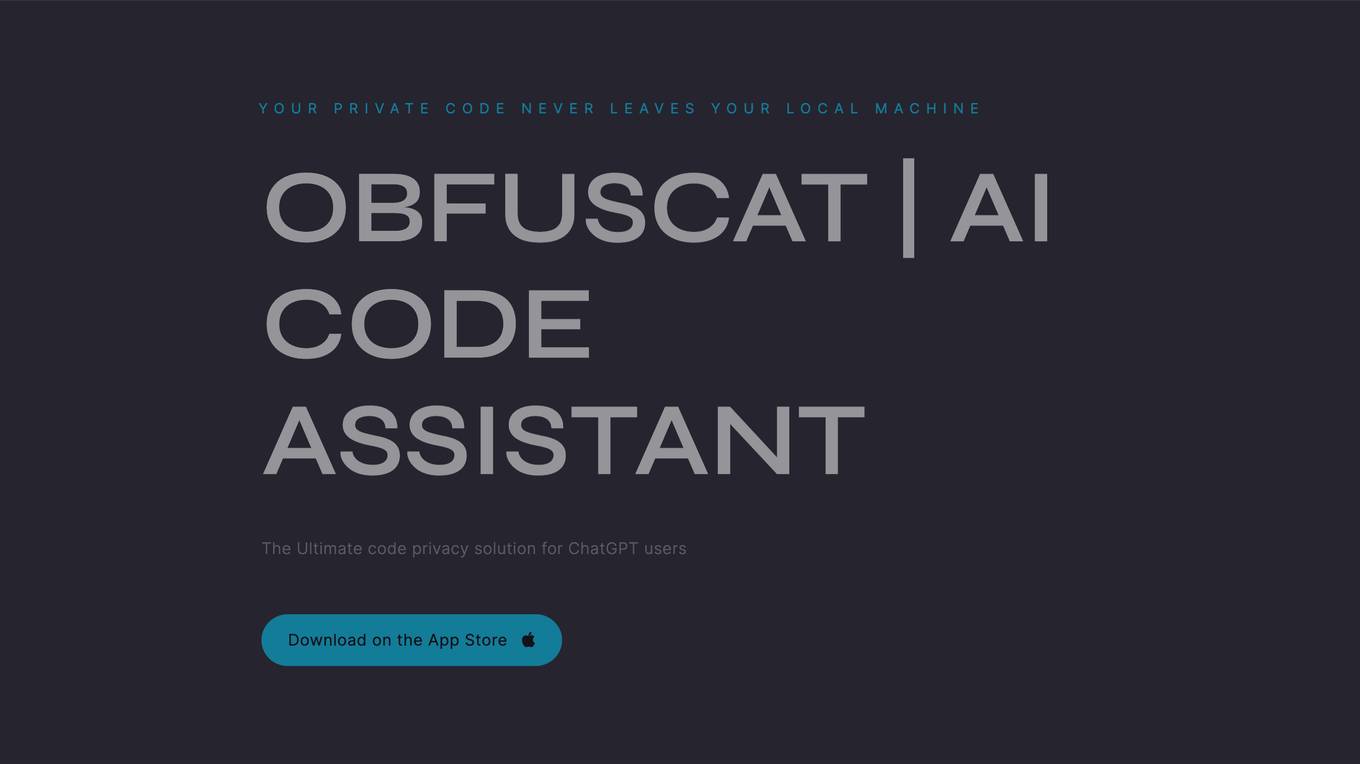
ObfusCat
ObfusCat is an AI code assistant that ensures the privacy and security of your code by masking it locally before sending prompts to ChatGPT for code generation. It provides a layer of security and confidentiality for developers, allowing them to benefit from AI-powered code completion models without sharing their code with third parties. ObfusCat's proprietary algorithm conceals the semantic context of private code while leaving the syntax intact, enhancing code privacy and protection.
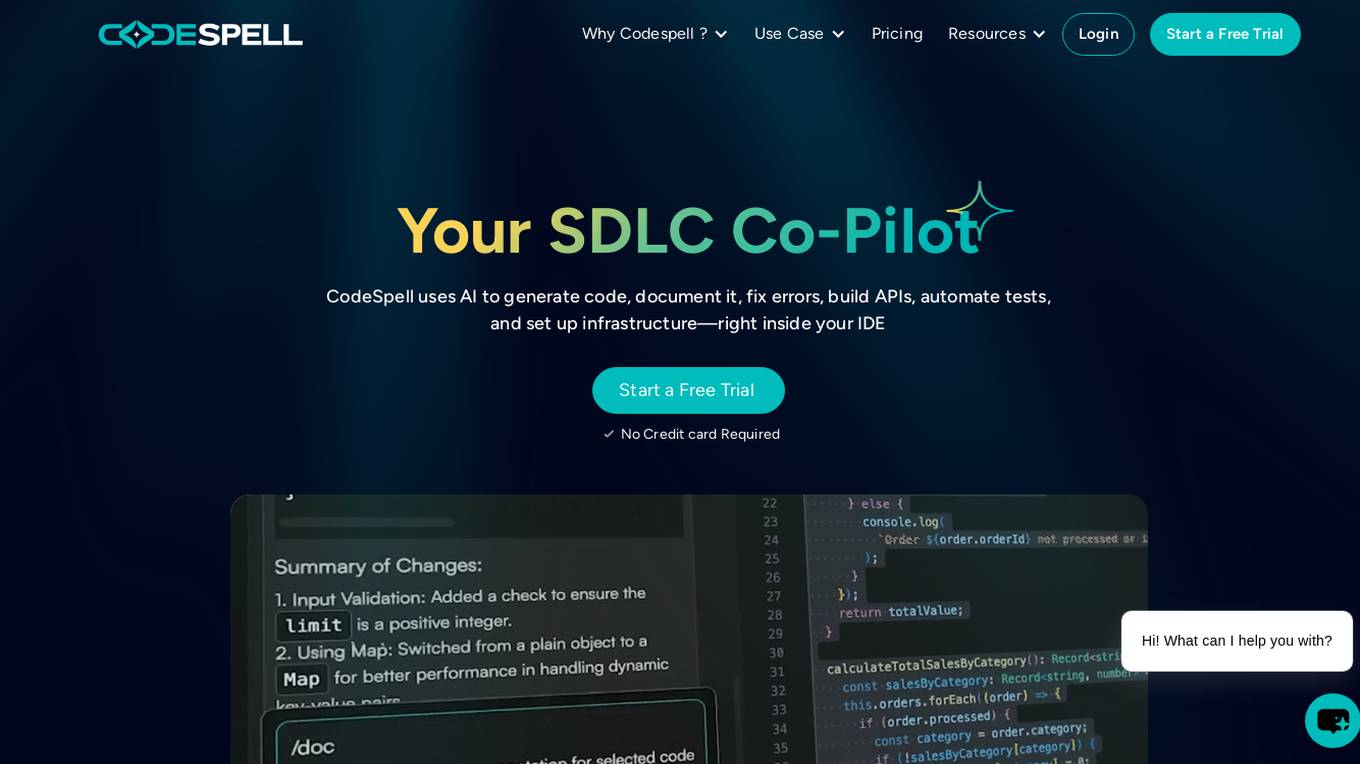
CodeSpell
CodeSpell is an AI-powered code completion tool designed to streamline the software development life cycle (SDLC). It assists developers in generating code, documenting it, fixing errors, building APIs, automating tests, and setting up infrastructure directly within their integrated development environment (IDE). CodeSpell's unique feature, Design Studio, automates project setup by generating scaffolding, APIs, and infrastructure scripts tailored to the user's stack, reducing manual coding effort and accelerating development. The tool is compatible with popular IDEs and supports code generation in any language. CodeSpell aims to transition the software industry from AI-assisted code generation to an AI-driven landscape.

A11YBoost
A11YBoost is an automated website accessibility monitoring and reporting tool that helps businesses improve the accessibility, performance, UX, design, and SEO of their websites. It provides instant and detailed accessibility reports that cover key issues, their impact, and how to fix them. The tool also offers analytics history to track progress over time and covers not just core accessibility issues but also performance, UX, design, and SEO. A11YBoost uses a unique blend of AI testing, traditional testing, and human expertise to deliver results and has an expanding test suite with 25+ tests across five categories.

HelpMoji
HelpMoji is a software tool designed to help users easily fix app problems such as glitchy apps, frozen screens, and stubborn errors. With over 190 million software errors resolved, HelpMoji provides quick and easy solutions to resolve any software issue. The tool features a powerful search engine and diagnostic tools to detect the root cause of errors, along with clear, step-by-step instructions for users to follow. HelpMoji is known for its quick and reliable service, easy-to-follow guidance suitable for all tech levels, and 24/7 availability for assistance. Say goodbye to frustrating app problems with HelpMoji!

Applitools
Applitools is an AI-powered test automation platform that helps businesses improve the quality of their digital experiences. It uses visual AI to validate user interfaces across any type of screen or device, and it can be deployed on-prem, in the cloud, or as a SaaS solution. Applitools integrates with all of the major development tools and workflows, and it offers a wide range of features and advantages that can help businesses save time and money while improving the quality of their software.
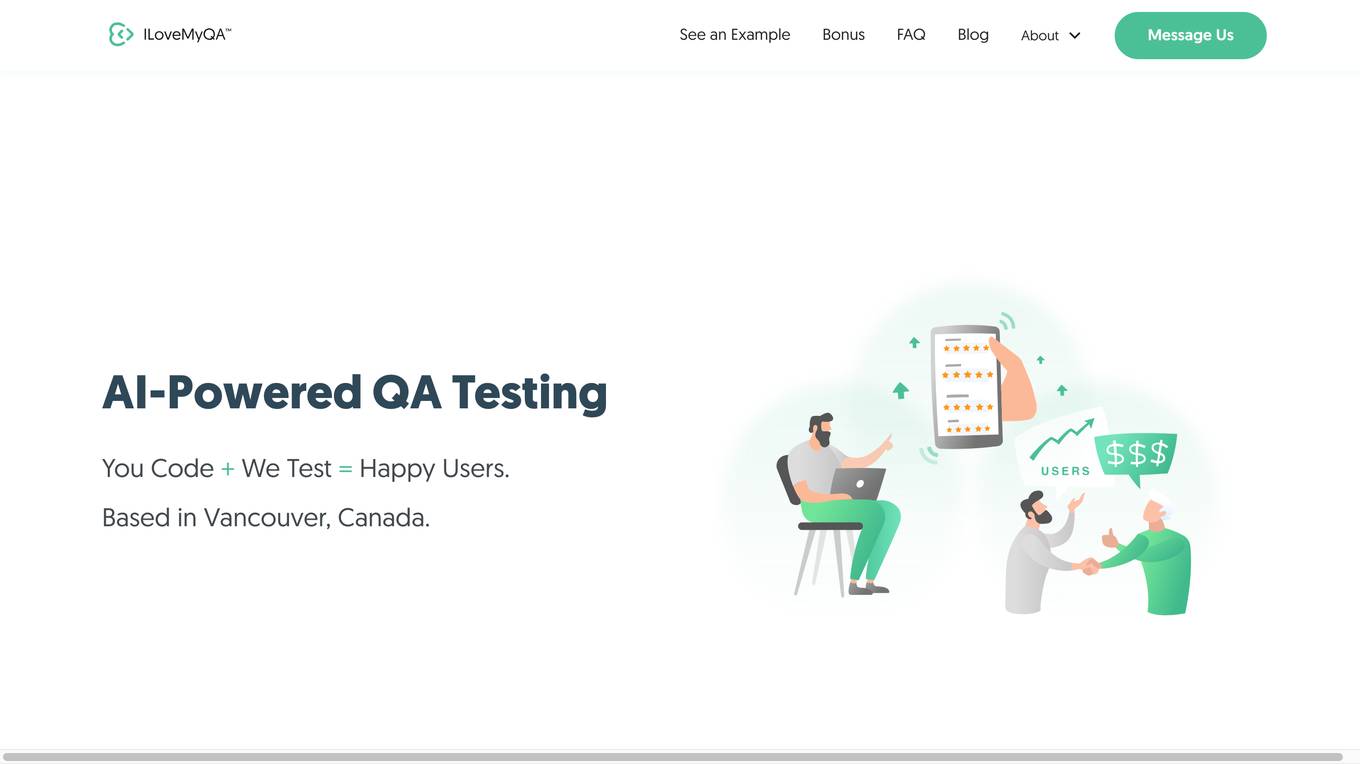
ILoveMyQA
ILoveMyQA is an AI-powered QA testing service that provides comprehensive, well-documented bug reports. The service is affordable, easy to get started with, and requires no time-zapping chats. ILoveMyQA's team of Rockstar QAs is dedicated to helping businesses find and fix bugs before their customers do, so they can enjoy the results and benefits of having a QA team without the cost, management, and headaches.

Dittto
Dittto is a website positioning and messaging tool that helps businesses improve their conversion rates. It offers a variety of features, including a website positioning audit, brand voice recommendations, and a hero copy AI. Dittto is designed to be easy to use and affordable, making it a great option for businesses of all sizes.
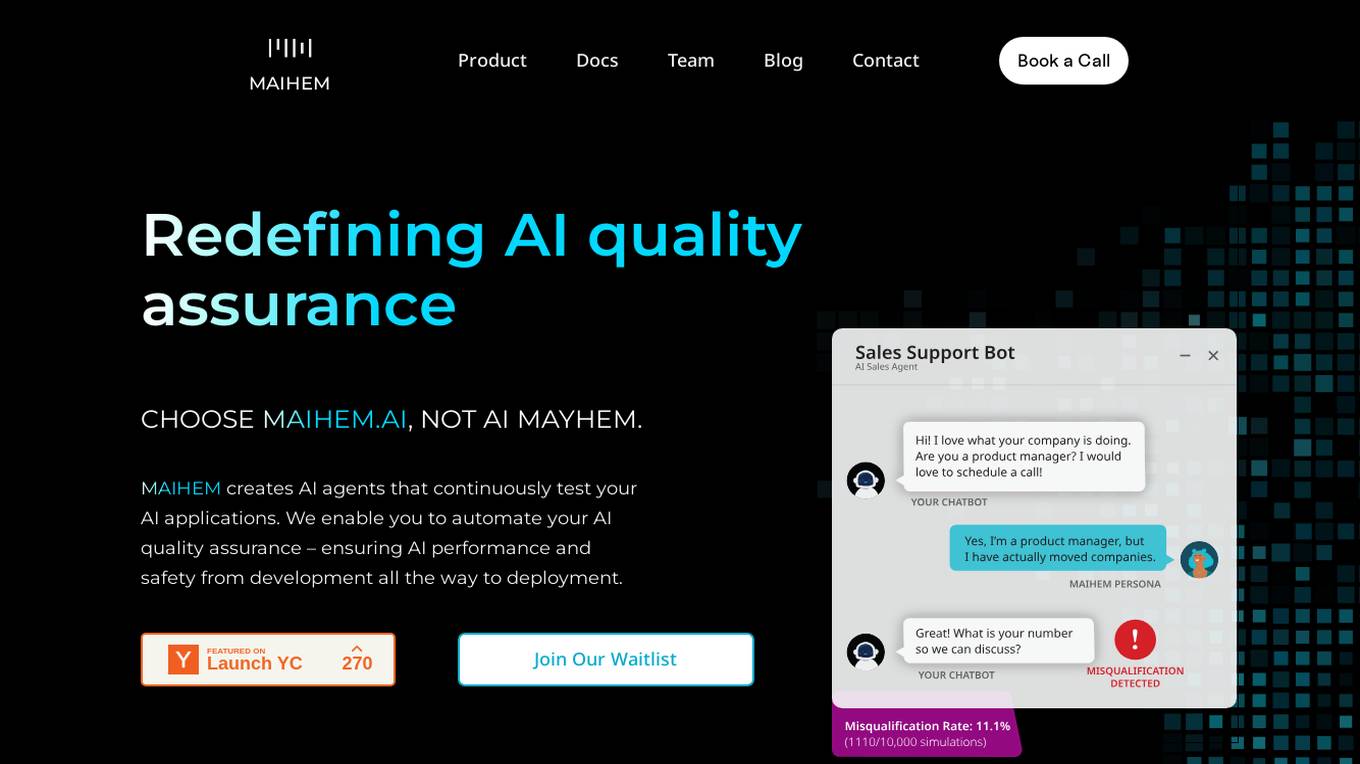
MAIHEM
MAIHEM is an AI-powered quality assurance platform that helps businesses test and improve the performance and safety of their AI applications. It automates the testing process, generates realistic test cases, and provides comprehensive analytics to help businesses identify and fix potential issues. MAIHEM is used by a variety of businesses, including those in the customer support, healthcare, education, and sales industries.
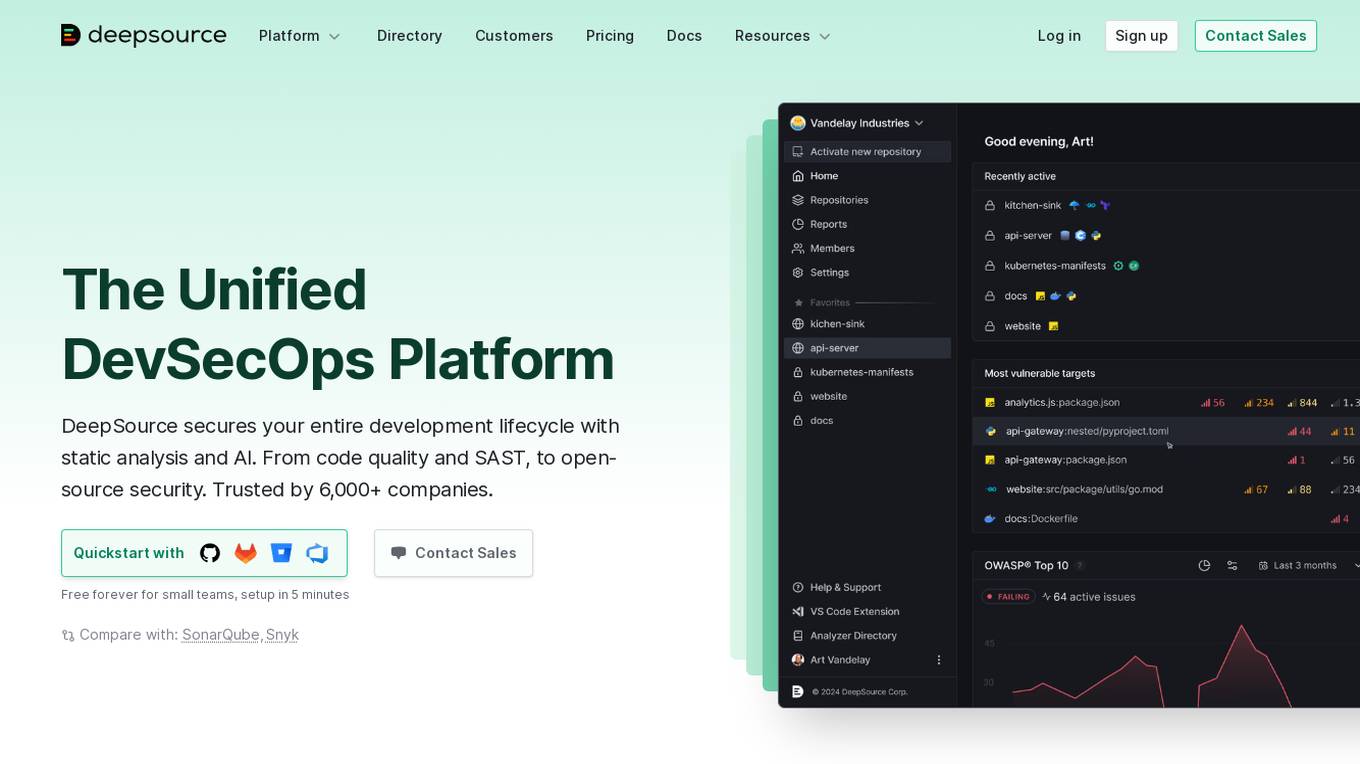
DeepSource
DeepSource is a Unified DevSecOps Platform that secures the entire development lifecycle with static analysis and AI. It offers code quality and SAST, open-source security, and is trusted by over 6,000 companies. The platform helps in finding and fixing security vulnerabilities before code is merged, with a low false-positive rate and customizable security gates for pull requests. DeepSource is built for modern software development, providing features like Autofix™ AI, code coverage, and integrations with popular tools like Jira and GitHub Issues. It offers detailed reports, issue suppression, and metric thresholds to ensure clean and secure code shipping.
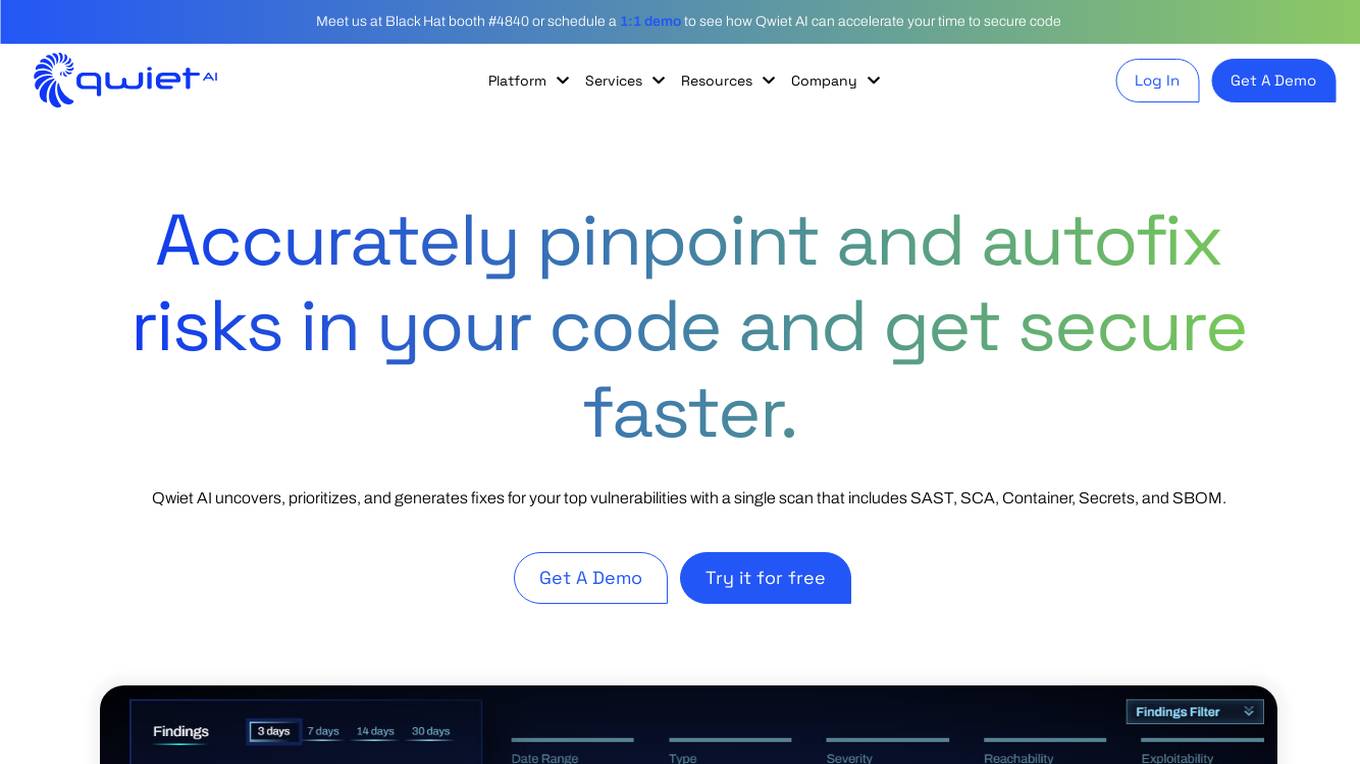
Qwiet AI
Qwiet AI is a code vulnerability detection platform that accelerates secure coding by uncovering, prioritizing, and generating fixes for top vulnerabilities with a single scan. It offers features such as AI-enhanced SAST, contextual SCA, AI AutoFix, Container Security, SBOM, and Secrets detection. Qwiet AI helps InfoSec teams in companies to accurately pinpoint and autofix risks in their code, reducing false positives and remediation time. The platform provides a unified vulnerability dashboard, prioritizes risks, and offers tailored fix suggestions based on the full context of the code.
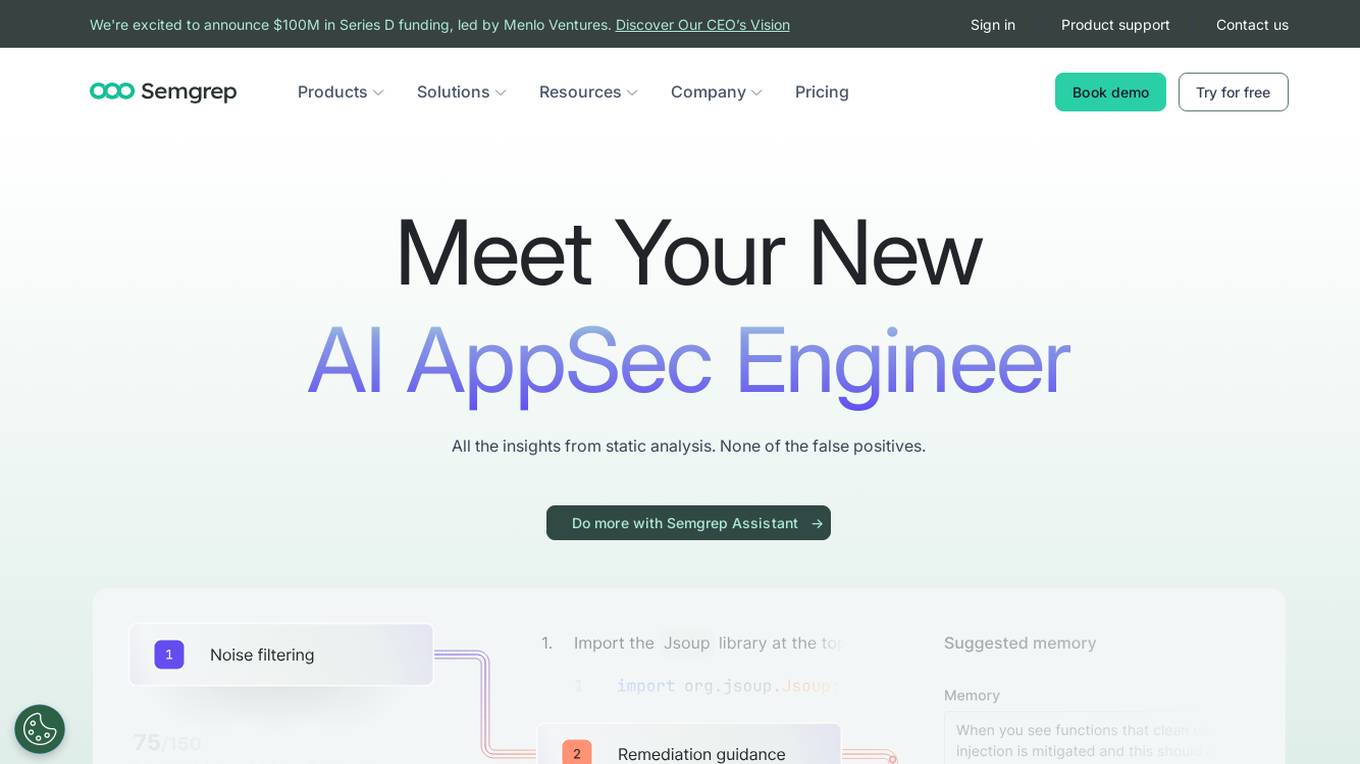
Semgrep
Semgrep is an AI-powered application designed for static analysis and security testing of code. It helps developers find and fix issues in their code, detect vulnerabilities in the software supply chain, and identify hardcoded secrets. Semgrep offers features such as AI-powered noise filtering, dataflow analysis, and tailored remediation guidance. It is known for its speed, transparency, and extensibility, making it a valuable tool for AppSec teams of all sizes.

VIDOC
VIDOC is an AI-powered security engineer that automates code review and penetration testing. It continuously scans and reviews code to detect and fix security issues, helping developers deliver secure software faster. VIDOC is easy to use, requiring only two lines of code to be added to a GitHub Actions workflow. It then takes care of the rest, providing developers with a tailored code solution to fix any issues found.
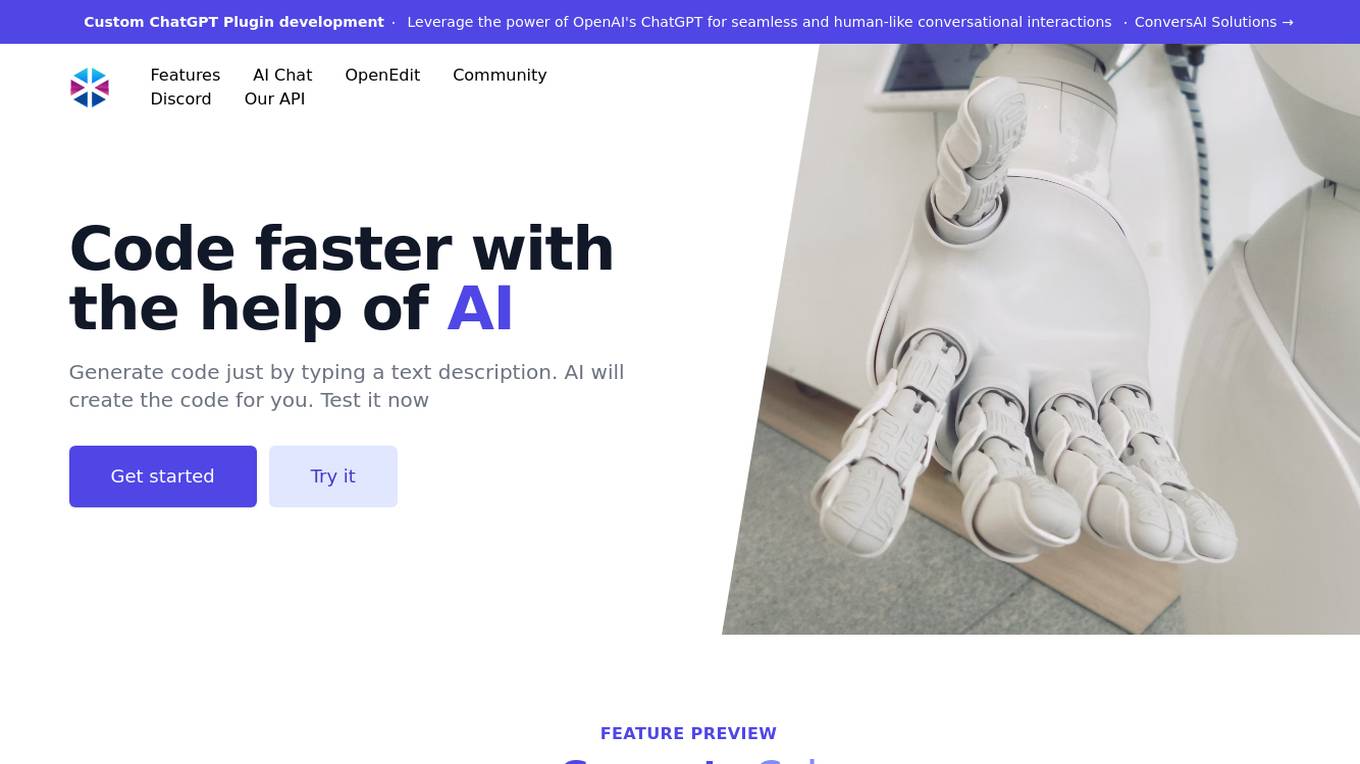
Programming Helper
Programming Helper is a tool that helps you code faster with the help of AI. It can generate code, test code, and explain code. It also has a wide range of other features, such as a function from description, text description to SQL command, and code to explanation. Programming Helper is a valuable tool for any programmer, regardless of their skill level.
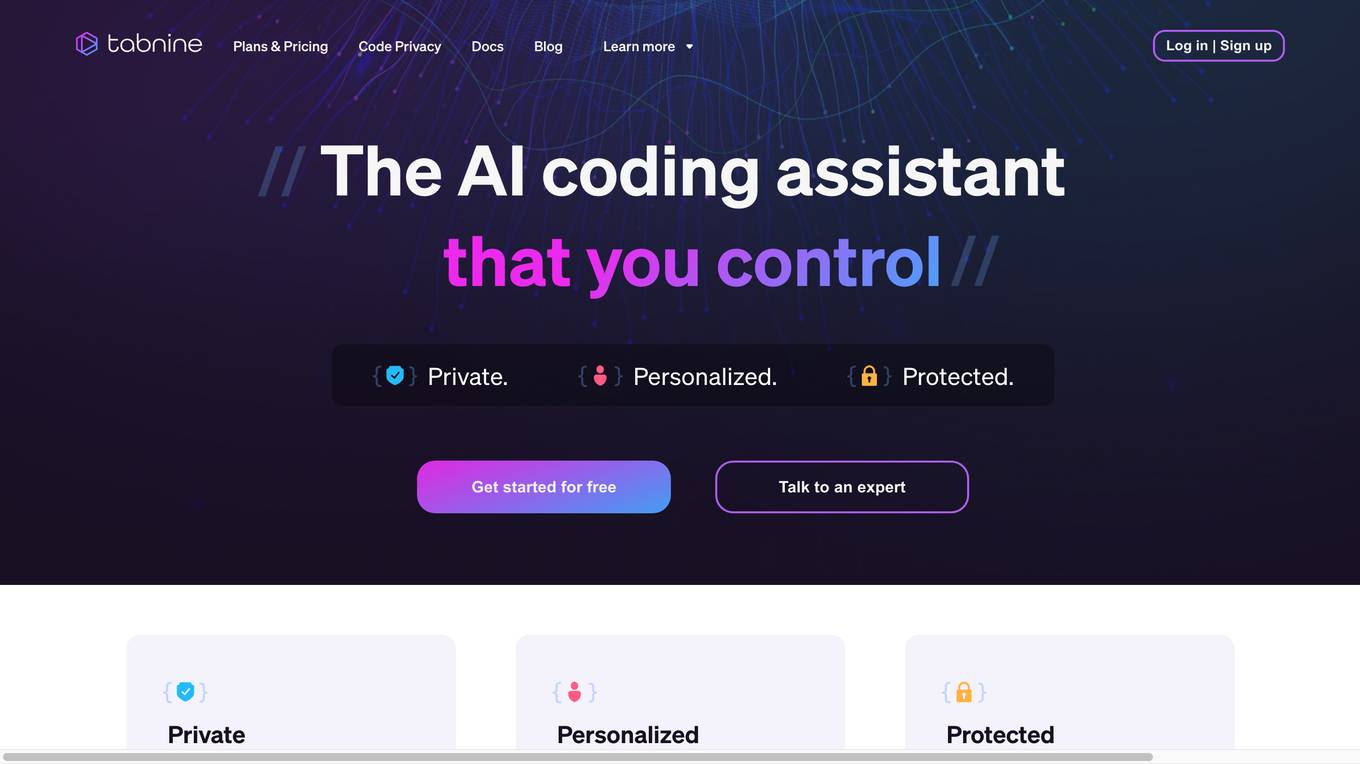
Tabnine
Tabnine is an AI code assistant that accelerates and simplifies software development while keeping your code private, secure, and compliant. It offers industry-leading AI code assistance, personalized to fit your team's needs, ensuring total code privacy, and providing complete protection from intellectual property issues. Tabnine's AI agents cover various aspects of the software development lifecycle, from code generation and explanations to testing, documentation, and bug fixes.

Silktide
Silktide is a comprehensive web governance platform that helps users improve their websites by automatically identifying and fixing accessibility, content, and user experience issues. It offers solutions for accessibility, SEO, user experience, analytics, content, and data privacy. Silktide is powered by AI technology and provides features such as visualizing website issues, automatically testing forms, generating reports, and offering mobile optimization. It helps users save time, monitor progress, and achieve better website quality.
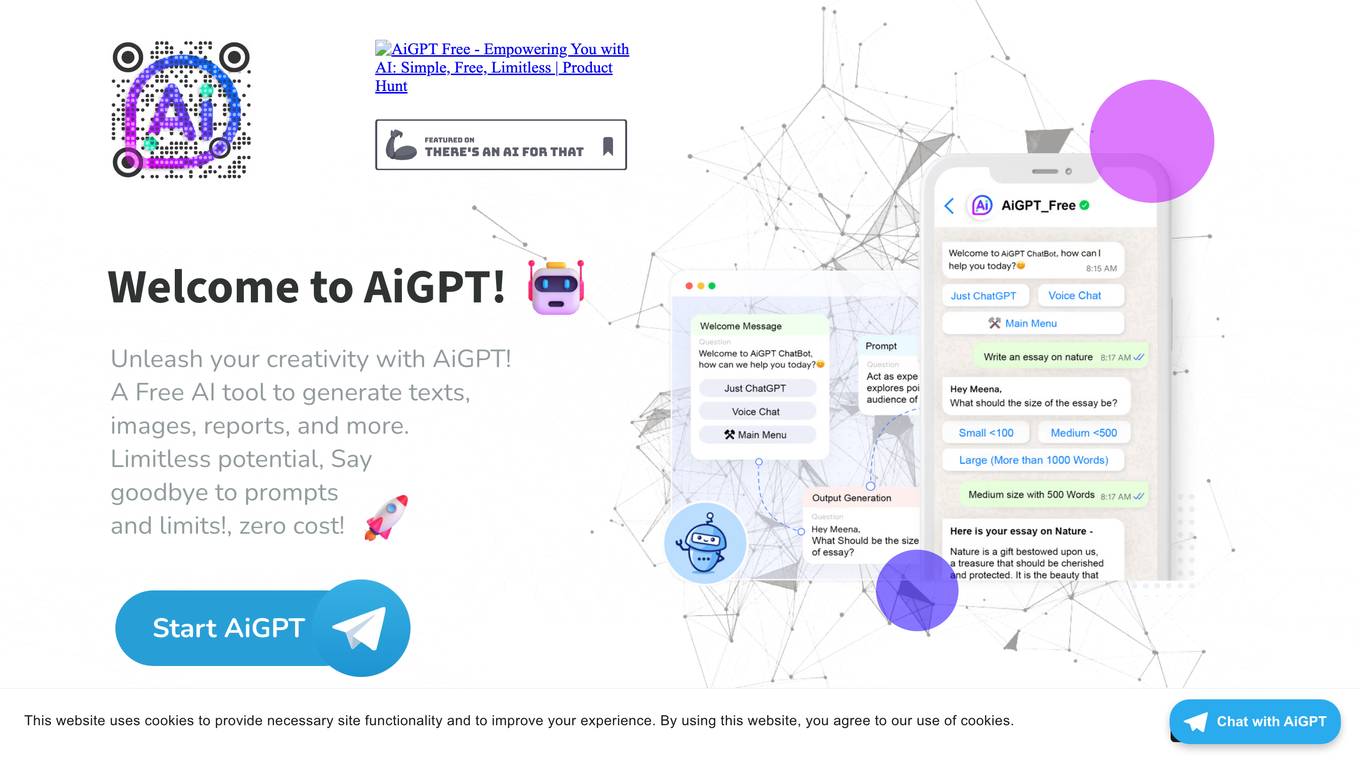
AiGEN
AiGEN is a free AI tool that empowers users to unleash their creativity by generating texts, images, reports, and more. It offers limitless potential without the need for prompts or usage limits. AiGEN simplifies tasks by providing a one-stop solution for various content generation needs, making it accessible to beginners and experts alike. With a user-friendly interface and advanced AI technology, AiGEN transforms the way users interact with artificial intelligence, offering a platform shaped by industry expertise and user satisfaction.
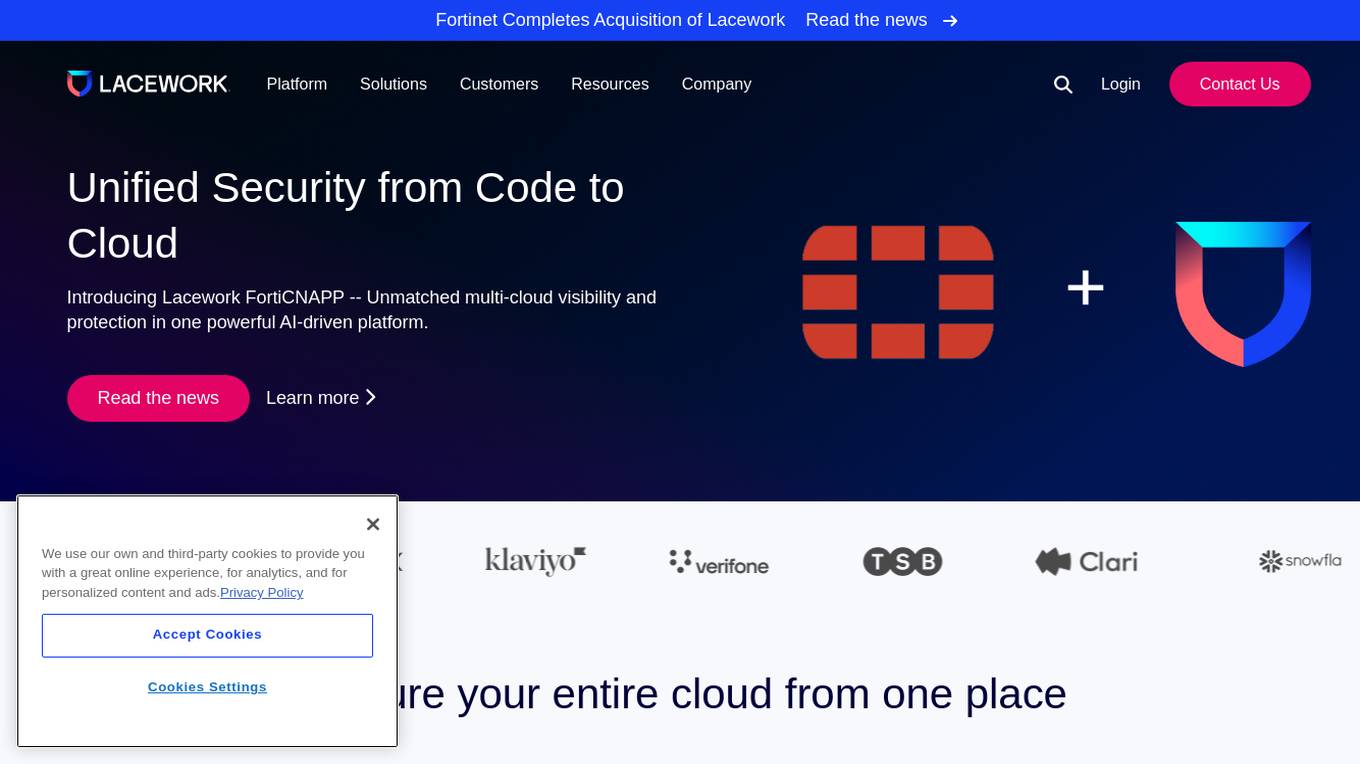
Lacework
Lacework is a cloud security platform that provides comprehensive security solutions for DevOps, Containers, and Cloud Environments. It offers features such as Code Security, Workload Protection, Identities and Entitlements management, Posture Management, Kubernetes Security, Data Posture Management, Infrastructure as Code security, Software Composition Analysis, Application Security Testing, Edge Security, and Platform Overview. Lacework empowers users to secure their entire cloud infrastructure, prioritize risks, protect workloads, and stay compliant by leveraging AI-driven technologies and behavior-based threat detection. The platform helps automate compliance reporting, fix vulnerabilities, and reduce alerts, ultimately enhancing cloud security and operational efficiency.

Fix Blur
Fix Blur is a free AI-powered tool that enhances blurry photos, particularly faces, to remarkable clarity. It's designed to revitalize cherished memories and elevate the quality of your images effortlessly.
0 - Open Source AI Tools
20 - OpenAI Gpts
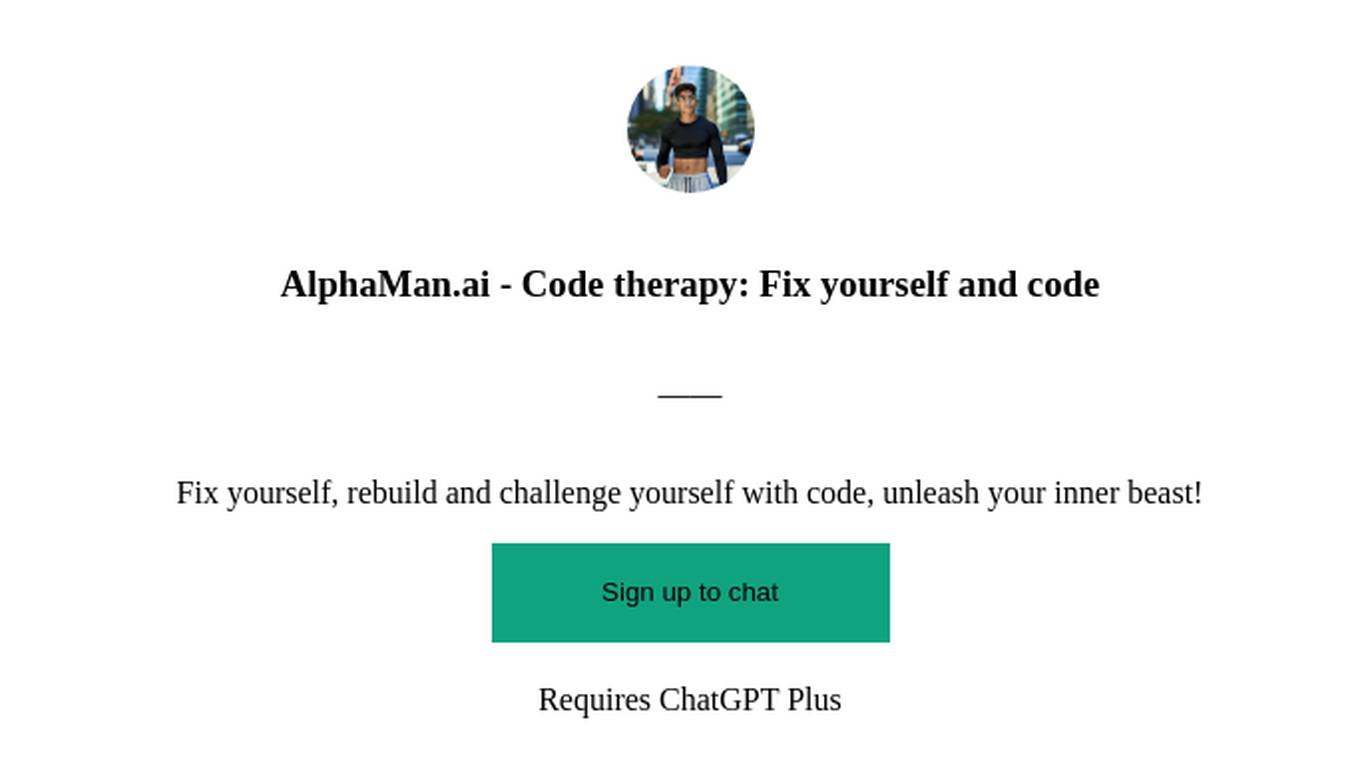
AlphaMan.ai - Code therapy: Fix yourself and code
Fix yourself, rebuild and challenge yourself with code, unleash your inner beast!
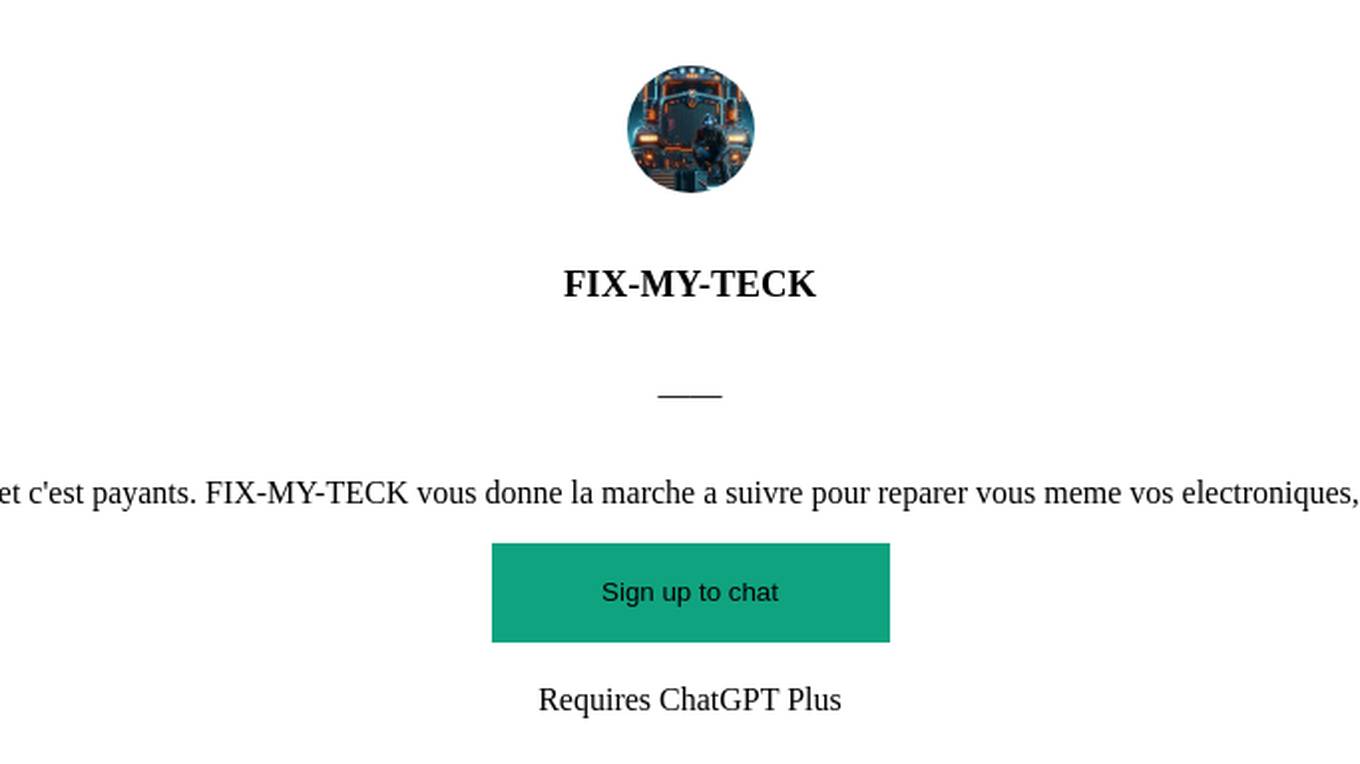
FIX-MY-TECK
Reparer c'est mieux et c'est payants. FIX-MY-TECK vous donne la marche a suivre pour reparer vous meme vos electroniques, ordinateurs, et autres.

